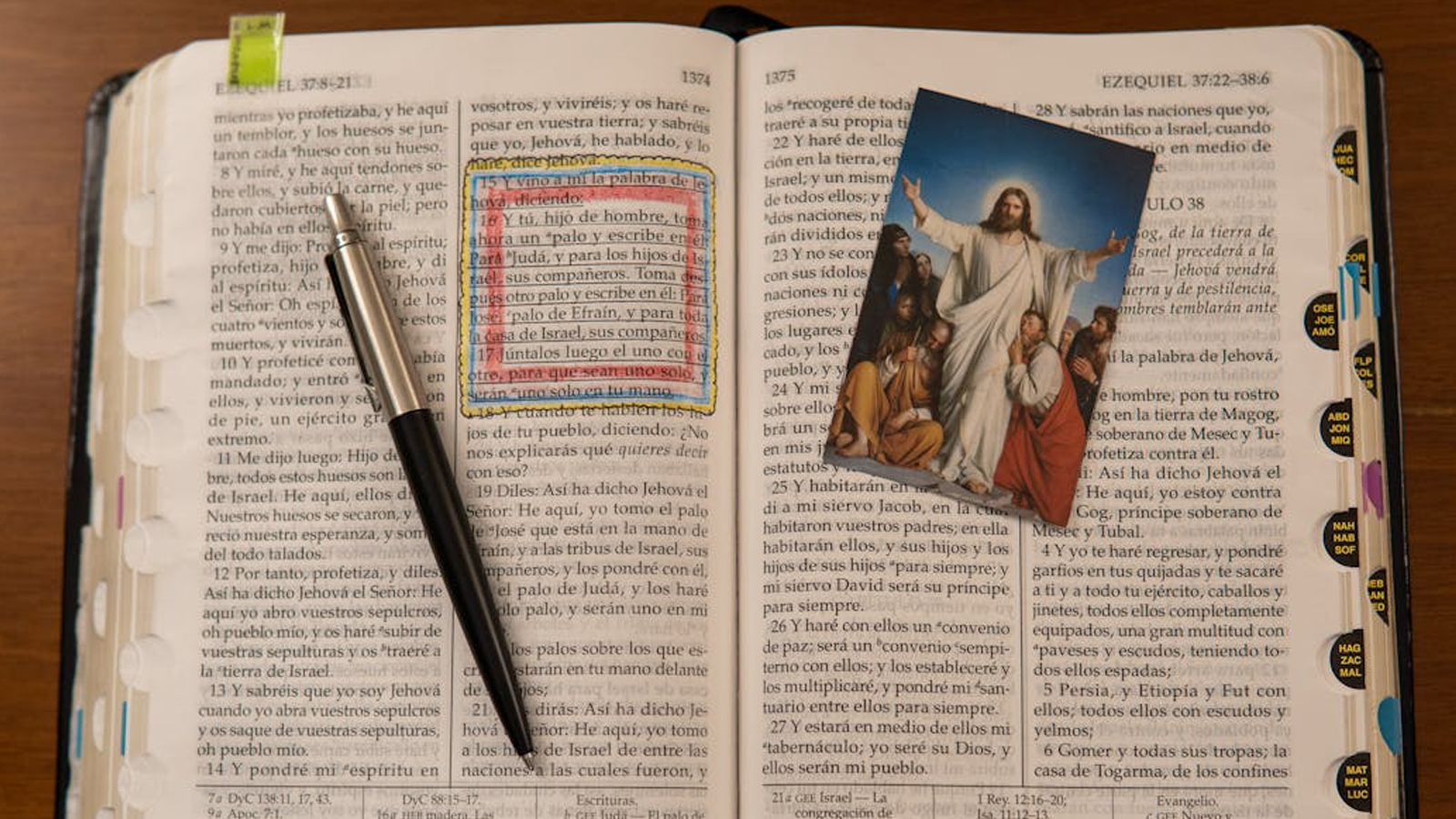The case for the reliability of the New Testament Gospel eyewitness accounts is dependent on the trustworthiness of its authors. In cold-case criminal trials, eyewitness accounts are typically evaluated through the lens four critical questions: Were the witnesses really present at the time of the crime? Can the witnesses’ accounts be corroborated in some way? Have the witnesses changed their story over time? Do the witnesses have biases causing them to lie, exaggerate or misinterpret what was seen? We can examine the Gospels and their authors by asking similar questions:
Question One: Were the authors really present at the time of their claims?
It’s much harder to tell an elaborate lie when people are still alive to test the claims. The best inference from evidence is that the New Testament claims about Jesus were penned early enough to have been cross-examined by those who were still alive and would have known if they were lies:
(a) The missing information in the Book of Acts (i.e. the destruction of the Temple, the siege of Jerusalem, the deaths of Peter, Paul and James) is best explained by dating Acts prior to 61AD
(b) Luke wrote his Gospel prior to the Book of Acts
(c) Paul’s referencing of Luke 10:6-7 (1 Timothy 5:17-18, written in 63-64AD) and Luke 22:19-20 (1 Corinthians 11:23-26, written in 53-57AD) is best explained by dating the Gospel of Luke prior to 53-57AD
(d) Luke’s reference to his Gospel as “orderly” in Luke 1:3 (as compared to Bishop Papias’ 1st Century description of Mark’s account as “not, indeed, in order”) and Luke’s repeated references of Mark’s Gospels are best explained by dating Mark’s Gospel prior to Luke’s (from 45-50AD).
Eyewitness accounts are typically evaluated through the lens four critical questions. We can examine the Gospels and their authors by asking similar questions Share on XQuestion Two: Can the Gospel accounts be corroborated in some way?
The best inference from evidence is that the first century Gospel accounts are better corroborated than any other ancient historical account:
(a) Archaeology corroborates many people, locations and events described in the Gospels
(b) Ancient Jewish, Greek and Pagan accounts corroborate the outline of Jesus’ identity, life, death and resurrection
(c) The Gospel authors correctly identify minor, local geographic features and cities in the region of the accounts
(d) The Gospel authors correctly cite the ancient proper names used by people in the region of the accounts
(e) Mark’s repeated reference and familiarity with Peter corroborates Papias’ description of Mark’s authorship of the account
(f) The authors of the Gospels support one another unintentionally with details obscure details between the accounts
Question Three: Have the accounts been changed over time?
The Gospels were cherished and treated as Scripture from the earliest of times. The best inference from evidence is that their content has been preserved accurately:
(a) A New Testament “Chain of Custody” can be reconstructed from the Gospel authors (through their subsequent students) to confirm the original content of the documents
(b) Much of the Gospels (and all the critical features of Jesus) can be confirmed in the writings of the Church Fathers
(c) The vast number of ancient copies of the Gospels can be compared to one another to identify and eliminate late additions and copyist variants within the text
(d) The earliest caretakers of the text considered it to be a precise, divinely inspired document worthy of careful preservation
Question Four: Were the Gospel authors selfishly motivated?
The authors of the Gospels claimed to be eyewitnesses (or to have spoken to eyewitnesses), and these witnesses were transformed by what they observed. Upon careful investigation, the best inference from evidence is that these authors were not selfishly motivated:
(a) The authors were convinced on the basis of observation afterward, rather than biased beforehand
(b) The three motives driving bias were absent in the lives of the authors. They were not driven by financial gain, sexual (or relational) lust or the pursuit of power. They died without any of these advantages
(c) The testimony of the authors was attested by their willingness to die for what they claimed. There is no evidence any of them ever recanted their testimony.
The gospel authors were present during the life of Jesus and wrote their accounts early enough to be cross-examined by those who knew Jesus. Their accounts can be sufficiently corroborated and have been accurately delivered to us through the centuries. The authors lacked motive to lie to us about their observations and died rather than recant their testimony. Would the Gospels withstand the scrutiny of a cold-case investigation? Yes.

























